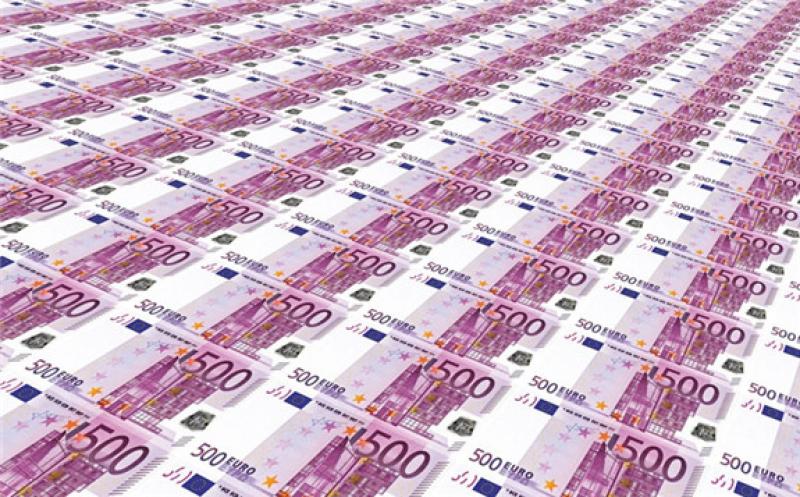This is a one of its kind flagship project with a 20 MWp installed capacity – the highest in any carport across Asia. This extraordinary feat has been designed and executed by JinkoSolar’s client, KEC International, at their customer’s factory premise. JinkoSolar’s high efficiency panels help offset the grid consumption and facilitate EV charging as well beneath the carport.

The customer is India’s largest and renowned automobile manufacturer – A leader in the domestic market. The carport houses different segments of cars once they move out of the production line at this mega factory spread across 600 acres.
The 405 Wp Jinko modules help the plant generate an estimated 30 million units of green electricity on site which helps the car manufacturer offset part of their huge power requirement with renewable energy and save on grid consumption at higher industrial tariffs.
JinkoSolar remains the first choice for the rooftop and C&I clients in India. JinkoSolar modules score high on performance, longevity, and aesthetics. Gener Miao, CMO of JinkoSolar, said “We are proud and excited that JinkoSolar has a part to play in these cars that reach the Indian consumers through their most trusted and valued automobile brand. Our products will cater to more businesses and industries and help them move towards carbon neutrality while providing access to cheap and reliable energy.”
SunPower-shareholder-controlled solar manufacturer Maxeon Solar Technologies has been named as one of 32 recipients who will split €118.6 million of EU grant funding to develop low-carbon technology.
With California-based controlling shareholder SunPower itself controlled by French energy giant TotalEnergies, the European money will go towards the cost of Maxeon using an existing manufacturing facility in Porcelette, northeastern France, to produce its frameless, glass-free, “sticky” Maxeon Air solar panels.
As reported by our pv magazine USA site in May, the Max Air panels are intended for use chiefly on roofs unable to host conventional modules. With a reported weight of 6kg/m2 and Maxeon claiming conversion efficiency of 20.9%, the company has estimated an unmet demand of more than 4 GW for the product in Europe, where the manufacturer said it would be available from the first quarter of next year.
The project description published by the European Commission yesterday stated Maxeon hopes to install 1.4 GWp of its Air modules over the next decade.
The exact amount of grant funding to be awarded Maxeon is due to be settled in the final quarter of this year, when the EU's recently established Innovation Fund makes its first payments. The cash will come from the revenue generated by the EU's emissions trading scheme, which sells certificates generated by renewable energy operators to companies who exceed their maximum permitted carbon emissions.
With the Innovation Fund expected to have around €20 billion to disburse to 2030, an additional €623 million is already available as unspent cash from predecessor the NER300, which had allocated those monies only for the associated projects to fall through.
Other low-carbon projects which will benefit from the Innovation Fund include a bid by Spanish energy companies Repsol and Enagas to develop technology which can directly use photoelectrochemical cells to electrolyze hydrogen from water without any external energy input.
The EU cash will also back the pooling of power purchase agreements associated with 12 off-grid, agrivoltaic, solar-powered irrigation systems in Spain into a collective 7.35 MW of generation capacity large enough to qualify for green bond financial support. That project is being overseen by Spanish infrastructure and renewables business Acciona.
The Spanish port of Motril will be awarded finance to help it become an off-grid renewable energy community harnessing 4 MW of solar capacity and 1.55 MWh of energy storage, in a project featuring Siemens; and German institute the Fraunhofer ISE, Italian energy company Enel and the body representing Rome's airports are working on a plan to use second-life electric vehicle batteries to store the energy generated by a 30 MW solar plant at one of the city's airports.
Roofing solar
Luxembourg-registered steelmaker ArcelorMittal will also receive a slice of the grant funding, to help develop full production in France of its building-integrated PV product which combines photovoltaic generation with steel roofing.
Other projects approved by the fund include an Austrian plan to aggregate 2,781 electronic household and business devices into a 6 MW virtual power plant to provide grid services, a highly energy-efficient electrolyzer in Poland to generate green hydrogen from on-site PV, and extensive vehicle-to-grid facilities in Italy and France. Swedish battery developer Northvolt will also receive funds to help manufacture lithium-ion batteries it claims offer 50% more energy density than conventional products while being 50% lighter. Production will be supported in Sweden and Poland.
As part of the Innovation Fund awards, EU lender the European Investment Bank will also offer technical support said to be worth €4.4 million to 15 companies whose projects are at an earlier stage, and including a Spanish system to store solar electricity using pumped heat. The Repsol and Enagas green hydrogen project is also among the 15 schemes to receive technical assistance, with the nature of the help also set to be determined in the final quarter of the year.